There have been a lot of blog posts and articles about Pinterest and how copyright claims may affect its future. I agree with the sentiment that  Pinterest’s opt-out system is a clumsy response to the situation, but their phenomenal growth to this point may be their saving grace. I wrote a bit about the dust-up last week between Pinterest and content providers
Pinterest’s opt-out system is a clumsy response to the situation, but their phenomenal growth to this point may be their saving grace. I wrote a bit about the dust-up last week between Pinterest and content providers
If Pinterest had a fraction of the users that it has now, some copyright holders may have already tried to shut it down. By utilizing the DMCA safe harbor, Pinterest has been able to operate and expand to the point that many copyright holders are seeing the advantage of such a wide reaching platform.
To take advantage of this situation, Pinterest may need to make some changes. After they talked with Kristen Kowaiski, it sounds like Pinterest may be making some changes after all. Here are a couple of things I see:
- By its terms of service, Pinterest asserts the right to copy and even sell whatever a person pins on a board. Even if it’s a right never exercised by Pintererest, the specter of such a term will have a chilling effect on participation by those who want to pin their own work.
- The opt-out plan is not workable. An opt-in system would be much better for the web ecosystem in general and show greater respect for the copyrights of creative publishers. Granted, if Pinterest was just starting, it would never get the traction for people to opt-in. Now, though, with the number or users and all the buzz, the incentives are there for the people Pinterest would likely want to opt-in to do so (potential advertisers and content providers).
There is speculation about how Pinterest will make money, and I have some guesses as well. Pinterest’s appearance could be adversely affected by the inclusion of ads unless they are very subtle. That would be particularly problematic since so much of the buzz has been about how Pinterest is revolutionizing page design.
The real potential is in data mining the interests of its users based on their pins and predicting other interest based on them. This can allow for targeted advertising, not just on Pinterest’s site, but on third party sales sites. Imagine going to Amazon.com and seeing ads for things related to what you have pinned on your board, or that people similar to you have pinned.
Facebook does things like this, but I think “pinning” could provide an even better indication of what a user might spend their money on than “liking.” To reach this potential, Pinterest has to avoid scaring off content providers and users. Time will tell if they can.


